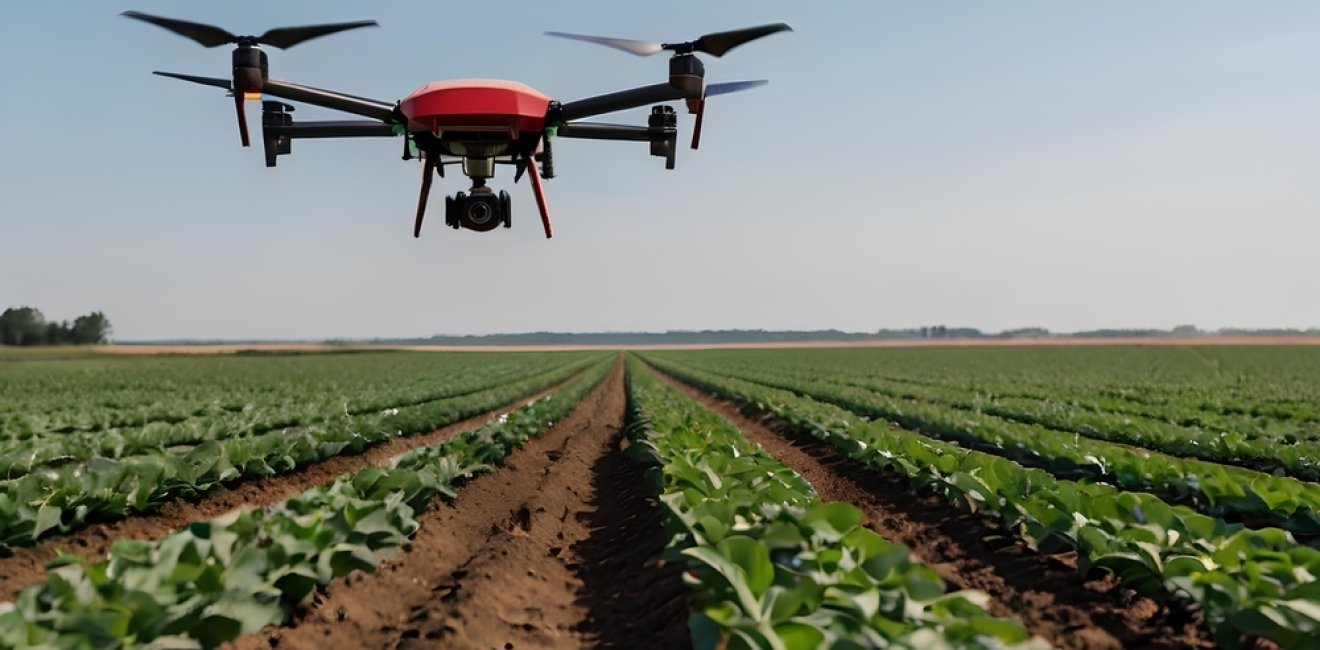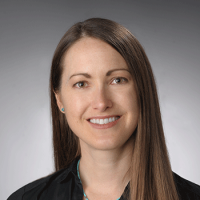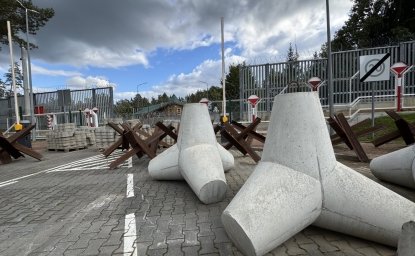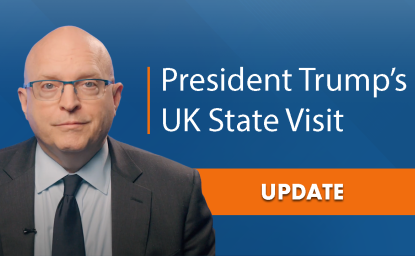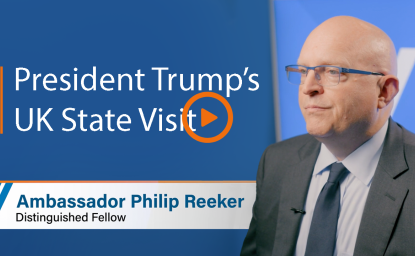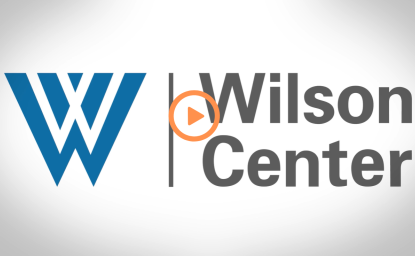Food security is the most common justification for recent agricultural technology (AgTech) investments in the Gulf. The Arabian Peninsula’s famous desert terrain makes it easy to understand the challenges to domestic food production in many Gulf states. Investing in new hi-tech agriculture projects to grow food with limited water and arable land resources would thus seem to be an obvious way to overcome these challenges and bolster domestic food security.
Reporting about these high-tech projects, mostly involving hydroponics and vertical farming, sensationalizes the wonder of growing delicate produce in the desert. But small yields of artisanal tomatoes, strawberries, and leafy greens cannot offer real “food security” to the approximately 50 million people in the UAE, Qatar, and Saudi Arabia—the three most active supporters of AgTech innovation in recent years.
Prioritizing economic development
In fact, the flurry of AgTech investment in the Gulf is more about supporting national economic development than promoting food security. These investments are uniformly designed to promote local entrepreneurship, start-up cultures, and the tech sector. They are ultimately designed as a tool of economic boosterism—finding ways to stimulate local growth and enticing and retaining capital in Emirati, Qatari, and Saudi cities. This form of boosterism reflects the favored development model in the Gulf today: prioritizing high-tech industries that are seen to be key to future growth. Investing in AgTech fits this model in a way that investing in traditional agriculture would not.
On the surface, the Gulf’s new start-up schemes claim to support their citizens’ embrace of entrepreneurship. But practically, they are actually about creating new economic links with foreign firms, as well as appealing to foreign middle- and upper-class workers and investors, as leaders in the UAE, Qatar, and Saudi Arabia compete to bring them to their countries.
In 2019, for example, the Abu Dhabi government introduced a one billion dirham (272 million USD) investment scheme to support new agricultural technology companies in the emirate. It was part of the government’s 3-year “Ghadan 21” stimulus package focused on promoting the capital’s competitiveness in four spheres: business and investment, society, knowledge and innovation, and livability.
The Abu Dhabi investment company ADQ has been investing heavily in food and agriculture and in 2023, opened an AgTech Park in partnership with the Italian company ZERO. In June 2024, the Abu Dhabi Department of Economic Development and the Abu Dhabi Investment Office joined forces to open Agwa, the “AgriFood Growth and Water Abundance” Center, supposedly positioned to create thousands of new jobs and to be a “game changer” for the UAE’s economic diversification agenda—all while supporting the UAE Food Security Strategy 2051.
Meanwhile, Dubai’s Mohammed bin Rashid Innovation Fund start-up incubator has also been active in supporting AgTech to recruit foreign entrepreneurs. Over the past six to seven years, the fund has generously backed large vertical farming projects in Dubai, like those from Pure Harvest and Alesca Life. The CEOs of Pure Harvest (Sky Kurtz) and Alesca Life (Stuart Oda) are both American citizens from California, with backgrounds in Silicon Valley and investment banking, respectively.
In Saudi Arabia, the hi-tech Neom project has also introduced an “Agri-FoodTech Accelerator.” So far it has only sponsored foreign AgTech companies, including PunaBio from Argentina, SymbiAgro and Nemo’s Garden from Italy, Aquaai from the US, and MonitorFish from Germany. In late 2023, with support from the Saudi Ministry of Environment, Water, and Agriculture, Neom also began an in-house AgTech company, Topian, to “revolutionize” global food systems.
But fear not, Saudi citizens are told the standard story given by its leaders since the 1930s: this powerhouse of foreign experts is needed to build Saudi Arabia’s economy today, but from which they will profit in the future.
As with other parts of the larger Neom project, Topian’s official PR materials emphasize the domestic goals, like “achieving Saudi Vision 2030” and “spearheading the Kingdom’s efforts to ensure food security,” but it is ultimately outsourced to well-paid foreigners. The Topian CEO Juan Carlos Motamayor is a French-educated Venezuelan, with a background of working in the US for major food companies Mars and Coca-Cola. In fact, Neom’s entire food sector leadership team includes no Saudis but consists of foreigners from Europe, the Americas, and one from Malaysia. But fear not, Saudi citizens are told the standard story given by its leaders since the 1930s: this powerhouse of foreign experts is needed to build Saudi Arabia’s economy today, but from which they will profit in the future.
In Qatar, AgTech is also increasingly described as a useful means to harness foreign know-how to solve local food security challenges in Qatar—both in the face of climate change and geopolitical disturbances like the Covid-19 pandemic and the regional embargo that disrupted Qatar’s food supply chains from 2017 to 2021. In 2023-24, Doha hosted the Horticultural Expo, the agricultural world’s fair sanctioned by the Bureau International Des Expositions. Under the theme of the “Green Desert, Better Environment,” the Expo 2023 organizers highlighted hi-tech solutions in agriculture for environmental sustainability. Qatar’s annual agricultural exhibition, AgriteQ, does the same.
Competing for investment
Like the UAE and Saudi Arabia, AgTech is approached in Qatar more as a vehicle for economic sustainability—as a new commercial opportunity built from international partnerships and by importing technological innovations developed abroad. This was explained explicitly by the head of Hassad Foods, the food-focused subsidiary of the Qatar Investment Authority, in a 2020 webinar organized by the Silicon Valley Forum, the Qatari Embassy in Washington, DC, and the US-Qatar Business Council (USQBC).
Amplifying Hassad’s message that Qatar’s opportunities in AgTech come from investing in established foreign firms and encouraging them to do business in Qatar, the USQBC has been active in encouraging American AgTech companies to develop new business in Qatar. The message is further amplified through Invest Qatar’s paid news coverage in outlets like the Financial Times, illustrated by an article on Qatar’s desert AgTech “nourishing investment.” In its articles in 2022 and 2023, Invest Qatar has also suggested that global projections for economic growth from the AgTech sector are possible in Qatar, especially through international collaboration, and that these investors would be wise to “capitalize on the tremendous growth potential in the Middle East’s Agritech sector, which is projected to reach $170 billion in worth by 2025.”
The AgTech landscape that has developed in the past 10 years in the Gulf reflects this.
The flurry of investment in AgTech facilities and start-ups may do little to overcome the challenges of supplying reliable food supplies for the 50 million residents of the UAE, Qatar, and Saudi Arabia. However, food security in these countries has always been understood as an international undertaking. That is, in contrast to the autarchic vision of food security built on self-sufficiency, which prevails in other parts of the world, food security in the Arabian Peninsula is made through thick ties with foreign experts, companies, and government partners. The AgTech landscape that has developed in the past 10 years in the Gulf reflects this.
It also reflects intensified economic boosterism in each of the individual states and cities, which are all competing for the same pool of experts, investors, and companies. In this way, AgTech is more about attracting foreign investment than it is about ensuring an ironclad food security regime. Indeed, economic prosperity may well be the best way to ensure that the UAE, Qatar, and Saudi Arabia are able to continue importing the vast majority of their food needs long into the future.
The views represented in this piece are those of the author and do not express the official position of the Wilson Center.
